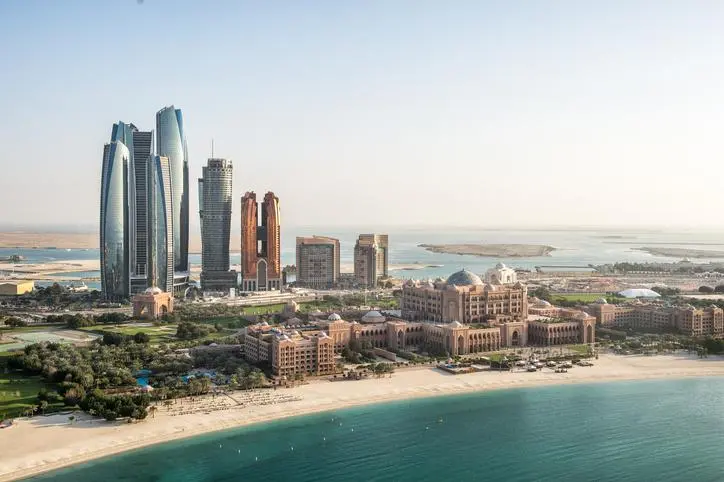PHOTO
On the residential sector, Cavendish Maxwell said prices continued to decrease, with villas/townhouses now costing, on average, 6.2 per cent lesser than a year ago.
Apartment prices in Abu Dhabi Investment Zones also declined by 5.8 per cent over the same period, stated the industry expert in its Abu Dhabi Property Market Report for 2018.
The unique report was compiled by the firm's in-house strategic consulting and research team, drawing data from its real estate intelligence platform, Property Monitor, and in collaboration with its extensive client and partner portfolio.
The comprehensive report offers key insights on the health of the UAE’s real estate industry, covering the residential, office, retail and hospitality sectors within the industry.
Cavendish Maxwell said investors have shown growing interest towards lower priced inventory, due to higher expected yields and flexible payment plans offered by developers. However, many potential buyers continue to wait for the market to soften further in H1 2019, it added.
Commenting on the report, Manika Dhama, the head of strategic consulting and research at Cavendish Maxwell, said: "Investor interest is expected to shift from off-plan products to mid-market ready-to-move stock and residential plots in investment zones, which allow both UAE nationals and expatriate buyers to custom-build homes within their budgets."
"A recent example of this was Aldar, selling over 800 vacant plots to Emiratis and expatriates in its Alreeman project, located in the investment zone of Al Shamkha," she noted.
In 2018, Abu Dhabi’s office sector registered a decline in demand for office take-up and upgrades. This was due to limited business growth and low oil prices. Aside from the oil and gas sector, the majority of demand for acquiring office space in Abu Dhabi was from the general trading, leisure and hospitality sectors.
The retail market witnessed strong demand from the F&B sector, however other sectors fared less well, with retail owners offering rent-free periods, flexible leasing terms and rebates to retain tenants in 2018.
Supply is expected to increase in the medium term with the addition of new regional malls such as Reem Mall and Al Maryah Central Mall, with more than 92,903 sq m Gross Leasable Area (GLA) expected to reach completion by 2020.
Abu Dhabi’s hospitality sector experienced steady growth in demand throughout 2018. As of November 2018, the total number of guests recorded increased by 4.6 per cent compared to the same period in 2017, from 3.87 million to 4.04 million, according to the Abu Dhabi Department of Culture and Tourism (ADDCT).
According to official figures, the city’s room inventory has increased by 8.9 per cent, to a total of 29,214 rooms as of November 2018.
All additional units during 2018 were positioned within the luxury and upper-upscale sectors. A total of 282 rooms are expected to be delivered in 2019, with a further 879 rooms in 2020, according to data collated by STR Global and Cavendish Maxwell (based on hotels that are currently under construction).-TradeArabia News Service
Copyright 2014 www.tradearabia.com
Copyright 2019 Al Hilal Publishing and Marketing Group Provided by SyndiGate Media Inc. (Syndigate.info).





















